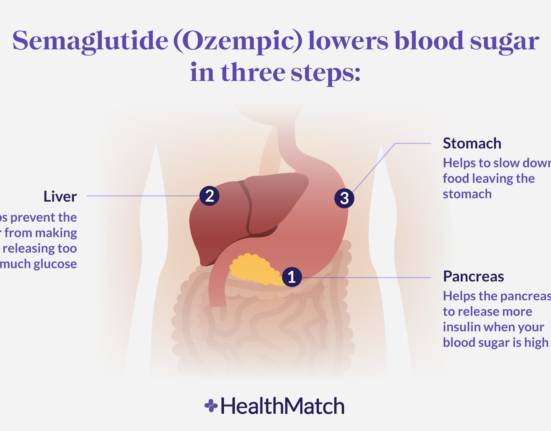Can a gluten-free diet cause impotence? A gluten-free diet can have a negative impact on erectile function, social interactions, and even infertility. This article will explain the effects of gluten on men’s sex drives. You’ll also learn how to maintain a healthy diet while staying in shape. Ultimately, it comes down to personal preference.
The Effect of Avoiding Gluten on Erectile Function
The effect of gluten free diet on erectile dysfunction and impotence can be a complex issue. For one thing, not everyone with celiac disease will experience symptoms of impotence or erectile dysfunction. While celiac disease is an autoimmune disease, its effect on sex drive is significant. Fildena is well-known for effectively treating erectile dysfunction issues.
One study looked at 2,549 men and women between the ages of 41 and 64 who were not diagnose with erectile dysfunction or impotence. They also looked at data from the ongoing National Health and Nutrition Examination Survey. The researchers compared participants’ HPDI scores with patients with impotence.
Another study found that the effect of gluten-free diets on erectile dysfunction and impotence was associate with lower cholesterol levels. In addition, men who have eaten a diet rich in leafy greens experience a higher erection. Gluten in cereal flour also causes inflammation in the body, which can interfere with testosterone levels and the erection process. In addition to the obvious effects on male health, there may be other benefits to a gluten-free diet. Fildena 100 mg or Fildena double 200 mg may help people with erectile dysfunction that also have high cholesterol.
Effects of a Gluten-Free Diet On Social Interactions.
The results of a survey on gluten consumption revealed that almost one-third of adults in the United States are on a gluten-free diet. More than a quarter reported improved social and behavioral outcomes. Moreover, a gluten-free diet is associated with improved physical and emotional health, including better gastrointestinal symptoms. However, the question remains: how does a gluten-free diet affect social interactions?
The results of the study reveal that children with CD exhibit improved self-perception and emotional outlook when on a gluten-free diet. These results were most apparent in children who had been on the GFD for more than 4 years. In addition, these children showed statistically significant improvements in their emotional and psychological well-being, and their social and emotional outlook significantly improved. Although more research is needed to fully understand how the effect of this diet on social interactions persists once the children have returned to their normal diet, the results of the study suggest that it is beneficial for reducing anxiety associated with food and social interaction.
In addition to the physical symptoms, gluten-free dieters also report reduced energy levels and decreased socialization. As a result, they report having a lower quality of life, despite the increased knowledge. However, despite the adverse social impact on the quality of life, these patients still experience significant social stress during meals and events. Many gluten-free dieters fear cross-contact and are embarrassed when they ask for gluten-free food.
Effects of a Gluten-Free Diet On Infertility
A new study has evaluated the effects of a gluten-free diet on infertility. The findings were presented at the American Society for Reproductive Medicine’s 2017 Scientific Congress & Expo, the world’s largest scientific meeting devoted to assisted reproduction medicine. The study compared women on gluten-free diets to those on a regular diet. And found that women on a gluten-free diet conceived more often than women on a regular diet.
Although case studies were not conduct on women without celiac disease, they did show that a gluten-free diet increase the number of healthy pregnancies and reduce miscarriages. The effect of a gluten-free diet on infertility is still controversial. While gluten-free diets are helpful for celiac disease patients, more research is need to establish whether this diet has a positive effect on infertility in women who have Celiac disease or are susceptible to it.
The benefits of a gluten-free diet for infertility may outweigh any negative consequences. Many patients experience significant improvements in their overall quality of life, while the benefits are more subtle. As a result, the diet may not be effective for all women. It is important to seek a diagnosis by a qualified healthcare provider. If you suspect you might have Celiac disease, be sure to consult a qualified doctor to rule out other possible causes. Visit medzsite.com for more information.








130 Comments